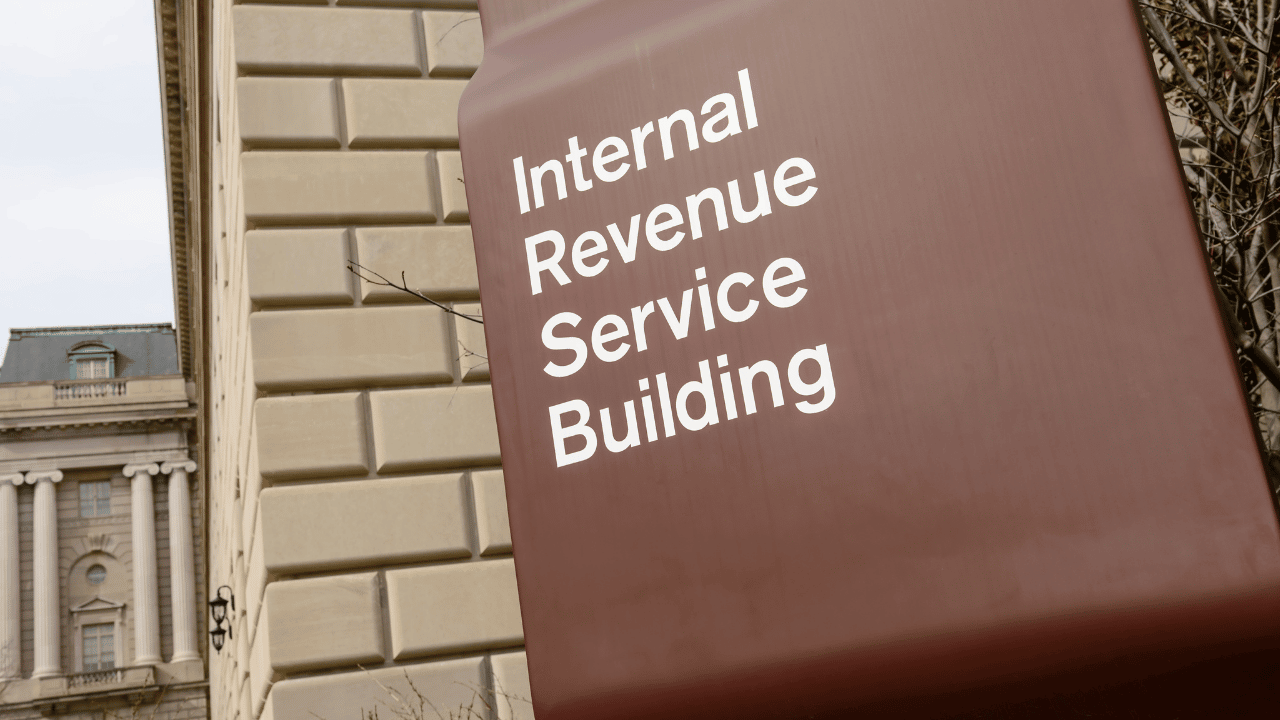The Internal Revenue Service (IRS) recently issued a bulletin to address misconceptions about what constitutes a medical expense, especially in the realm of general health and wellness. The IRS emphasized that expenditures for overall wellness, including certain foods and fitness equipment, do not qualify as deductible medical expenses, despite misleading claims from some aggressive marketing campaigns.
According to the IRS, personal expenses, such as general wellness purchases and food intended for weight loss or other health purposes, are not eligible for deductions or reimbursements through health flexible spending arrangements, health savings accounts, or medical savings accounts. This clarification comes in response to advertisements that suggest otherwise, potentially leading taxpayers astray.
RELATED: IRS targets tax evasion – Who is a high-earner? What’s inside enforcement effort?
IRS Commissioner Danny Werfel stressed the importance of adhering to tax law regarding legitimate medical expenses and cautioned against being swayed by marketing that misrepresents the eligibility of personal expenditures for reimbursement. The IRS highlighted that obtaining a doctor’s note does not automatically convert non-medical expenses into pre-taxed qualifying expenses. Such a misunderstanding could result in unexpected tax liabilities for individuals.

One example provided involved a diabetic who was misled into believing he could use pre-tax dollars from his Flexible Spending Account (FSA) to buy low-carbohydrate foods. Despite obtaining a “doctor’s note” as suggested by an advertisement, his claim was denied because food, in general, does not qualify as a medical expense.
The IRS advises anyone with doubts about what qualifies as a medical expense to consult the frequently asked questions on its website, focusing on medical expenses related to nutrition, wellness, and general health. This guidance aims to prevent misunderstandings and ensure taxpayers do not…
Read the full article here

Leave a Reply